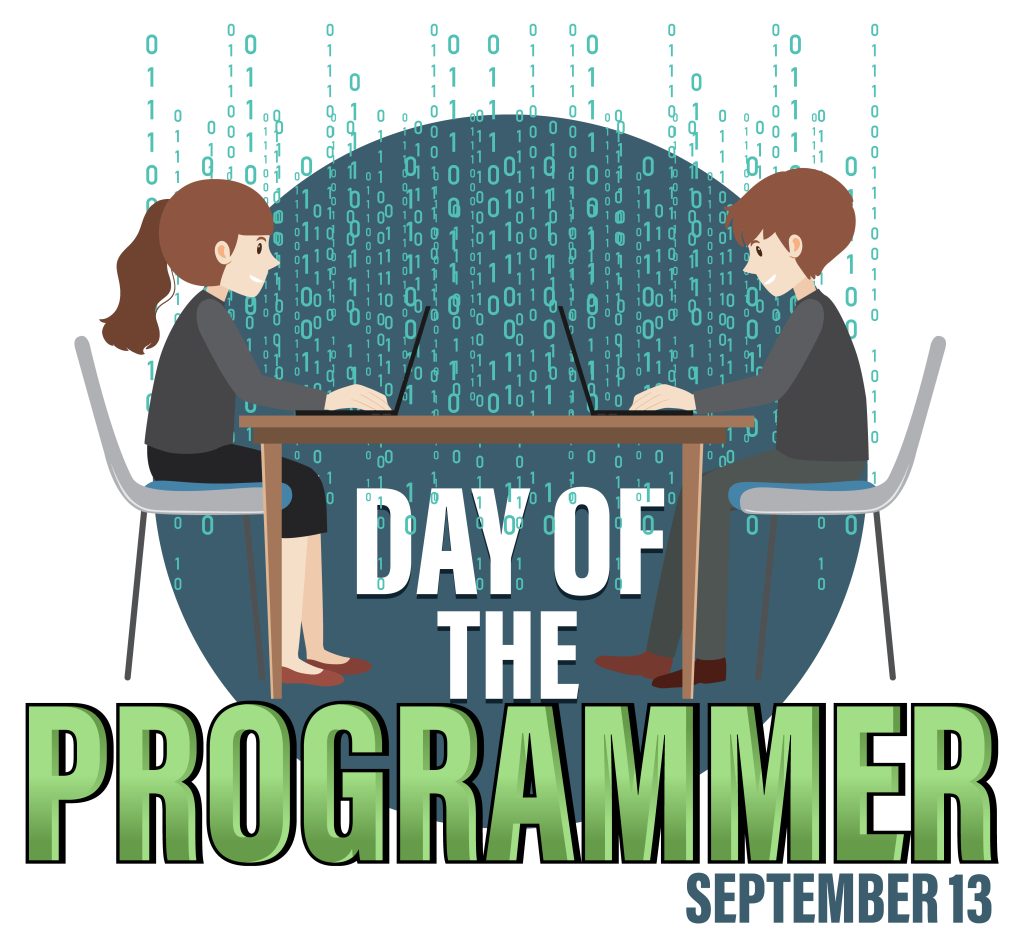Top Programming Languages to Master in 2025

Programmers' Day Banner Design illustration
The technology landscape is evolving faster than ever, and mastering the right programming languages can open up countless opportunities in 2025. Whether you’re an aspiring developer or a seasoned professional looking to expand your skills, staying updated with the most in-demand programming languages is key. Here are the top programming languages to learn in 2025, along with insights into why they matter and where they’re being used.
1. Python
Python continues to dominate as one of the most versatile and beginner-friendly programming languages. Its simple syntax and extensive libraries make it ideal for tasks ranging from web development to artificial intelligence (AI) and data science. Python’s popularity in machine learning and AI is bolstered by frameworks like TensorFlow and PyTorch. Companies like Google, Netflix, and Spotify rely heavily on Python for backend development and data analysis.
Why Learn Python?
- High demand across industries like tech, healthcare, and finance.
- Excellent community support and learning resources.
- Useful for AI, data science, and web development.
2. JavaScript
JavaScript remains the backbone of web development, powering interactive features on websites and web applications. With frameworks like React, Angular, and Vue.js, JavaScript has extended its reach to mobile app development and even desktop applications. As the web continues to grow, JavaScript’s relevance shows no signs of fading.
Why Learn JavaScript?
- Essential for front-end and full-stack development.
- Supported by an extensive ecosystem of libraries and tools.
- Vital for modern web technologies, including Progressive Web Apps (PWAs).
3. Rust
Rust is gaining momentum for its focus on safety and performance. Designed to handle system-level programming, Rust eliminates many common programming errors by enforcing strict memory safety. It’s widely used in developing secure software, operating systems, and game engines. Rust’s efficiency has also made it popular among developers working on blockchain and Web3 projects.
Why Learn Rust?
- Renowned for its unmatched performance and strict memory safety guarantees.
- Perfectly suited for building reliable system-level software and immersive game engines.
- Backed by a growing community and increasing adoption.
4. Go (Golang)
Go, developed by Google, is a language designed for simplicity and efficiency. It’s particularly popular in cloud computing, DevOps, and backend development due to its concurrency support and fast performance. Companies like Uber, Docker, and Kubernetes use Go extensively.
Why Learn Go?
- Perfect for scalable and efficient systems.
- Great for cloud-native development.
- Easy to learn with a strong emphasis on clean code.
5. Kotlin
Kotlin has emerged as the go-to language for Android app development, with Google officially endorsing it as the preferred choice. It offers modern features and better safety than Java, while being fully interoperable with it. Beyond Android, Kotlin is also gaining traction in backend development and cross-platform applications.
Why Learn Kotlin?
- High demand for Android developers.
- Modern syntax and features for increased productivity.
- Versatile for mobile and server-side development.
6. SQL
SQL remains a cornerstone for managing and querying databases, an essential skill in data-driven industries. As companies continue to collect and analyze massive amounts of data, SQL proficiency is a must for data analysts, engineers, and even software developers.
Why Learn SQL?
- Crucial for managing relational databases.
- Widely used across industries for data analysis and reporting.
- Pairs well with other programming languages.
7. TypeScript
TypeScript builds on JavaScript by adding static typing, making it easier to catch errors and build robust applications. It’s a favorite for large-scale web development projects and is widely used alongside frameworks like Angular and React.
Why Learn TypeScript?
- Improves code quality and maintainability.
- Increasing adoption in web development projects.
- Seamlessly integrates with existing JavaScript projects.
Conclusion
In 2025, the programming world will continue to prioritize languages that offer versatility, performance, and ease of use. Python and JavaScript dominate due to their broad applications, while languages like Rust and Go cater to more specialized needs. Whether you’re delving into web development, AI, or system programming, mastering these languages can help you stay ahead in the tech industry. Start learning today and future-proof your career!